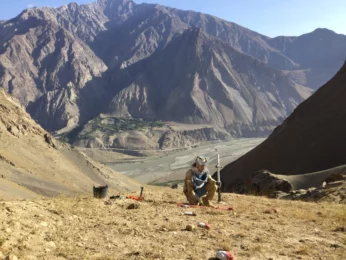
Humanitarian demining
Mine Action

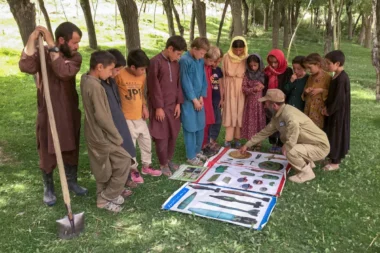
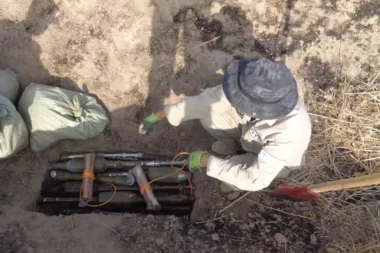
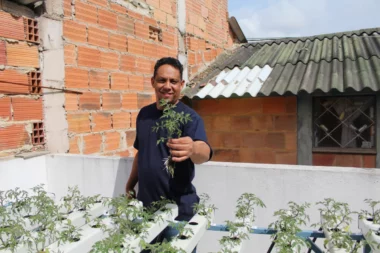
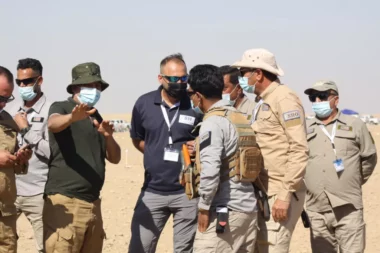
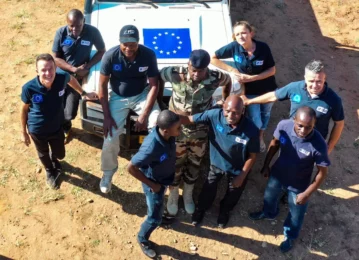
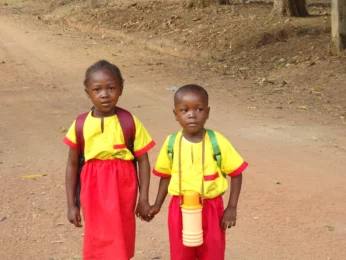
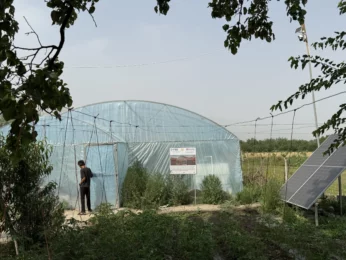
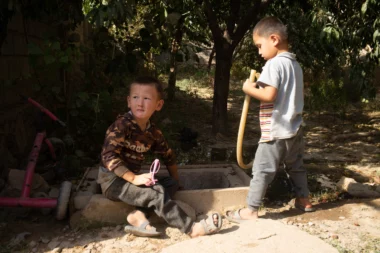
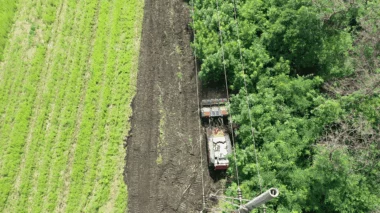
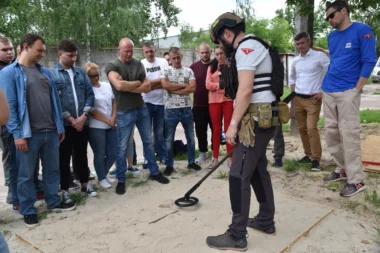
FSD’s deminers come from all walks of life: farmers, teachers, IT specialists and many others. Many have had their lives…
Humanitarian demining Iraq
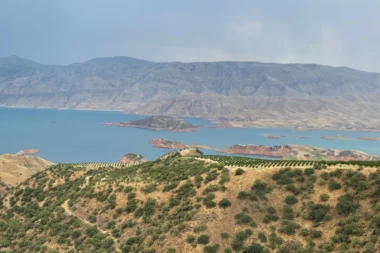
In the world, nearly one in three countries remains contaminated by landmines and explosive remnants of war, particularly across much of South-East…
Landmines and explosive remnants Colombia Iraq Sri Lanka
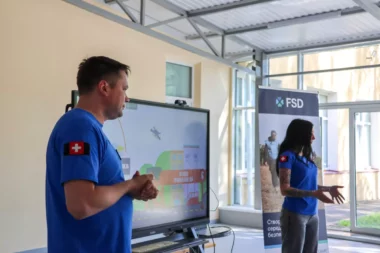
Faced with this reality, FSD — with the support of Switzerland — is working on two fronts: clearing land today,…
Humanitarian demining Prevention and risk education Ukraine